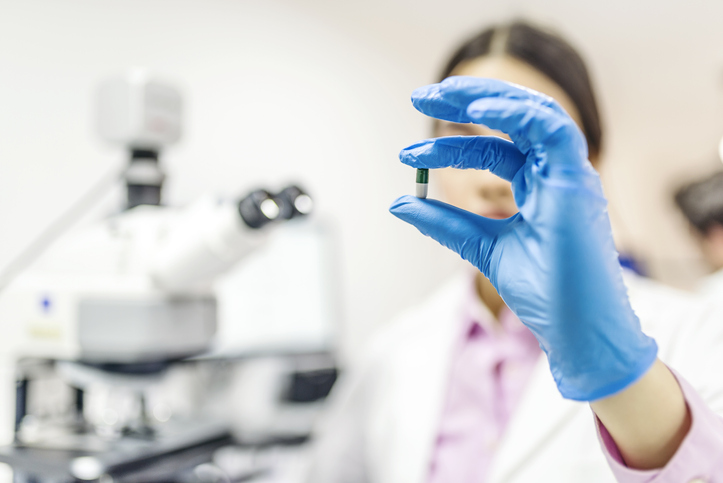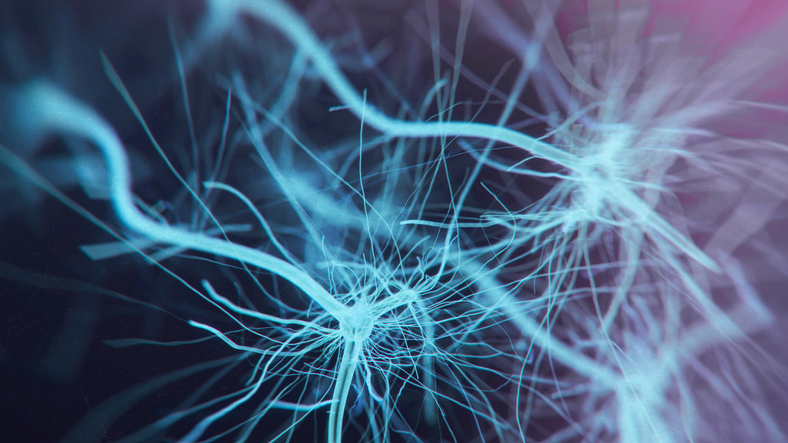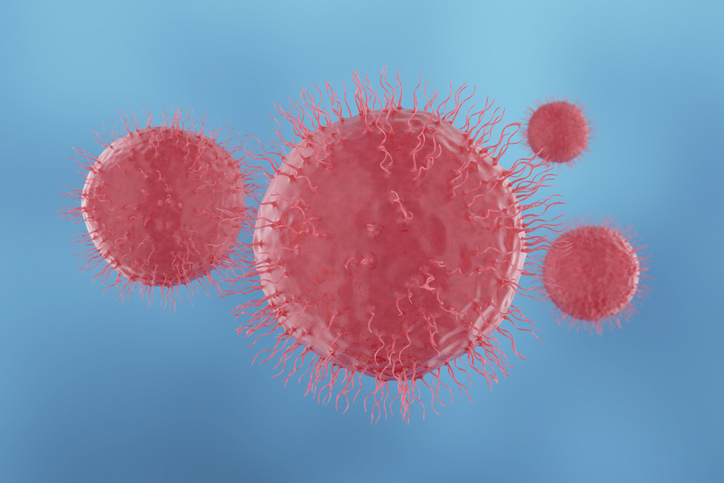Pain
Autologous Conditioned Serum as a Treatment for Neuropathic Pain

What is neuropathic pain?
Neuropathic pain occurs when the central nervous system or the peripheral nerves are damaged. Peripheral neuropathy usually begins in the longest nerves of the body, such as the feet and hands. As the condition progresses, it moves up the arms and legs.
Because the spine and nerves are intertwined and work together, issues in the spine can cause nerve pain. Lumbar herniated disc is a common form of nerve pain that occurs when a disc between the vertebrae becomes herniated and places pressure on a spinal nerve root. Once the nerves become damaged and neuropathy becomes an issue, false signals are sent from the peripheral nervous system and central nervous system to the spinal cord, and then to the brain.
What is autologous conditioned serum?
Autologous conditioned serum (ACS) is a substance produced from an individual’s own blood. It can generate an inhibitor of the cytokine interleukin-1, which is thought to aid in the processes of pain, tissue destruction, and inflammation in musculoskeletal conditions. ACS has shown to successfully treat osteoarthritis and radicular compression. Significant evidence exists to suggest that it could potentially help treat muscle injuries, tendinopathies, and tunnel widening after anterior cruciate ligament reconstruction.
ACS and neuropathic pain
ACS could potentially relieve nerve pain. In a study from Duke Health, several rodents were injected with ACS after receiving a regimen of a chemotherapy drug that has common side effects of numbness and tingling in the extremities. After being injected with ACS, the rodents’ nerve pain was alleviated, and the relief lasted for numerous weeks. The cytokines and growth proteins in ACS, that were previously thought to produce pain-relieving effects, would not produce long-lasting results. Researchers discovered that exosomes could actually be responsible for the long-lasting pain relief experienced as a result of ACS therapy.
Exosomes are small packages of information that are shared between cells, such as immune cells, and contain many molecules that work against inflammation. These molecules become activated during the conditioning and incubation process of ACS. Knowing the mechanics of how ACS is able to provide extended relief enables scientists to develop new therapeutic uses for ACS.


















